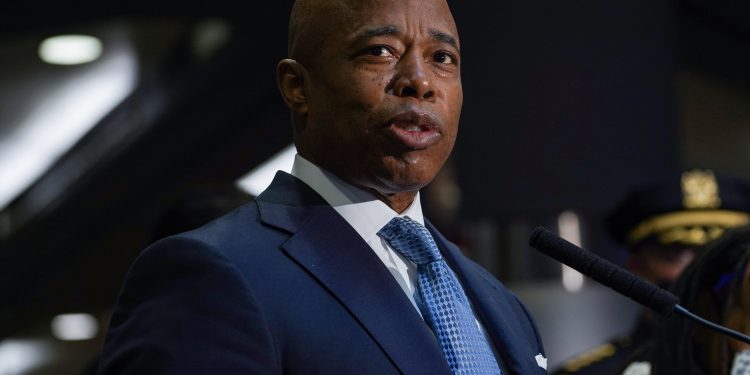New York City Mayor Eric Adams recently vetoed two City Council bills focused on increasing police accountability, sparking a debate over public safety and law enforcement oversight. The decision comes amid ongoing discussions about police reform and accountability in many American cities.
Details of the Vetoed Bills
The first bill, known as the “How Many Stops Act,” would have required NYPD officers to report low-level public interactions. Mayor Adams argued that this bill would burden officers with unnecessary paperwork and lead to significant overtime costs for the department. The second bill aimed to prohibit solitary confinement in city jails, adding further restrictions on the use of restraints. Adams vetoed this bill as well, asserting that it would compromise the safety of both inmates and correctional staff.
Council’s Response and Community Reaction
Council Speaker Adrienne Adams and Public Safety Chair Yusef Salaam criticized the vetoes, arguing that Mayor Adams is undermining efforts to improve transparency in law enforcement, particularly in Black and Latino communities. They expressed confidence in having enough votes to override the vetoes, citing the council’s commitment to police reform.
Background and Broader Implications
This clash between the mayor and the City Council reflects a broader national debate on the balance between police reform and public safety. Mayor Adams, a former police officer himself, has emphasized the importance of effective policing in ensuring city safety. The City Council, on the other hand, has been pushing for more stringent oversight of law enforcement practices.
The vetoes by Mayor Eric Adams represent a significant moment in New York City’s ongoing dialogue about police practices and accountability. As the debate continues, the city grapples with finding the right balance between ensuring public safety and promoting transparent, accountable policing.



























